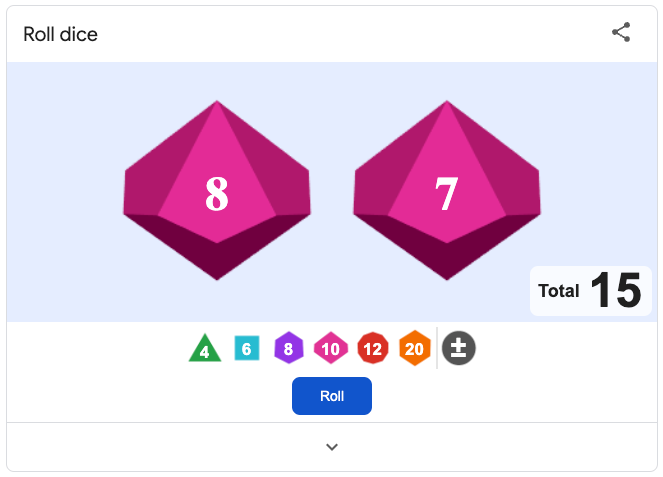When voting, I wish I could display my full preferences. In the last UK election, I tried something new.
Instead of making a deterministic vote, I used a weighted random selection: 90% probability for Labour, 9% for Conservative, and 1% for Reform. Then I randomised between 1 and 100 and voted for that party.
This wasn't arbitrary randomisation - it was a deliberate expression of political preferences that accounted for uncertainty. The weightings reflected my assessment of each party while maintaining strategic flexibility.
The approach has three main advantages:
By expressing preferences probabilistically rather than absolutely, I can accurately represent my actual political positions. Normally you would have no sense of how I compared Labour to the Conservatives and Reform. Here you can see I weigh them 10x and 100x as good, respectively1.
Next, I like things that would scale. If adopted by more people, this strategy creates meaningful negotiating power even if you have strong preferences. A voting bloc that commits to a 99% probability for a party while reserving a 1% chance of voting differently maintains most of their electoral impact while creating genuine pressure for better policies (especially if the group randomises together).
Traditional voting often traps us in "lesser evil" scenarios where we must choose between suboptimal options. Deterministic voting creates poor incentives - parties need only be marginally better than their worst competitor. Probabilistic voting offers an unfeasible but interesting way out. It allows voters to signal strong support while maintaining credible negotiating leverage.
Finally, stress reduction. When I feel like I’m making a choice, I want to be sure that I am making the right one. But here, I was able to input my actual uncertainty, randomise and then go for it. I’m not sure that rationally this should be true, but it is!
There are 3 main criticisms I can see:
Above, I call it unfeasible. I don’t expect others to pick up this strategy. It’s weird. And even if they did I don’t know how we would communicate our plans to politicians at large. I have some sense that it wouldn’t actually work.
Next, I have some notion that it is suboptimal as someone better informed. Even when I don’t read much about the election I am probably in the top 5% most informed voters. So shouldn’t I weigh my choices more than others? I generally dislike this frame - don’t we all like to think our votes should count more? - but it feels like there is an argument here2.
Finally, I’m not sure it’s as good as I make out. I like randomness as an aesthetic, and there is a solid chance that I like this more than it deserves on the merits.
How did it feel
This isn't just theory - in practice, the strategy felt like a more authentic expression of my political position than a binary choice would have allowed. It has been satisfying to think about in retrospect. And while I endorse 90% Labour, they aren’t doing spectacularly and I don’t mind having left some uncertainty. It's worth considering how similar mechanisms for preserving voter leverage could be incorporated into our democratic systems.
What mechanisms do you think would better align voter power with political outcomes?
So who I did I actually vote for?
I don’t feel like saying. I voted 90% Labour, 9% Tory, 1% Reform. The actual roll seems less important.
Or something. Correct me in the comments
I think there is a similar argument with donations. Should I split my donations according to how I think all donations should be allocated, or give them solely to what scores the best for me?




